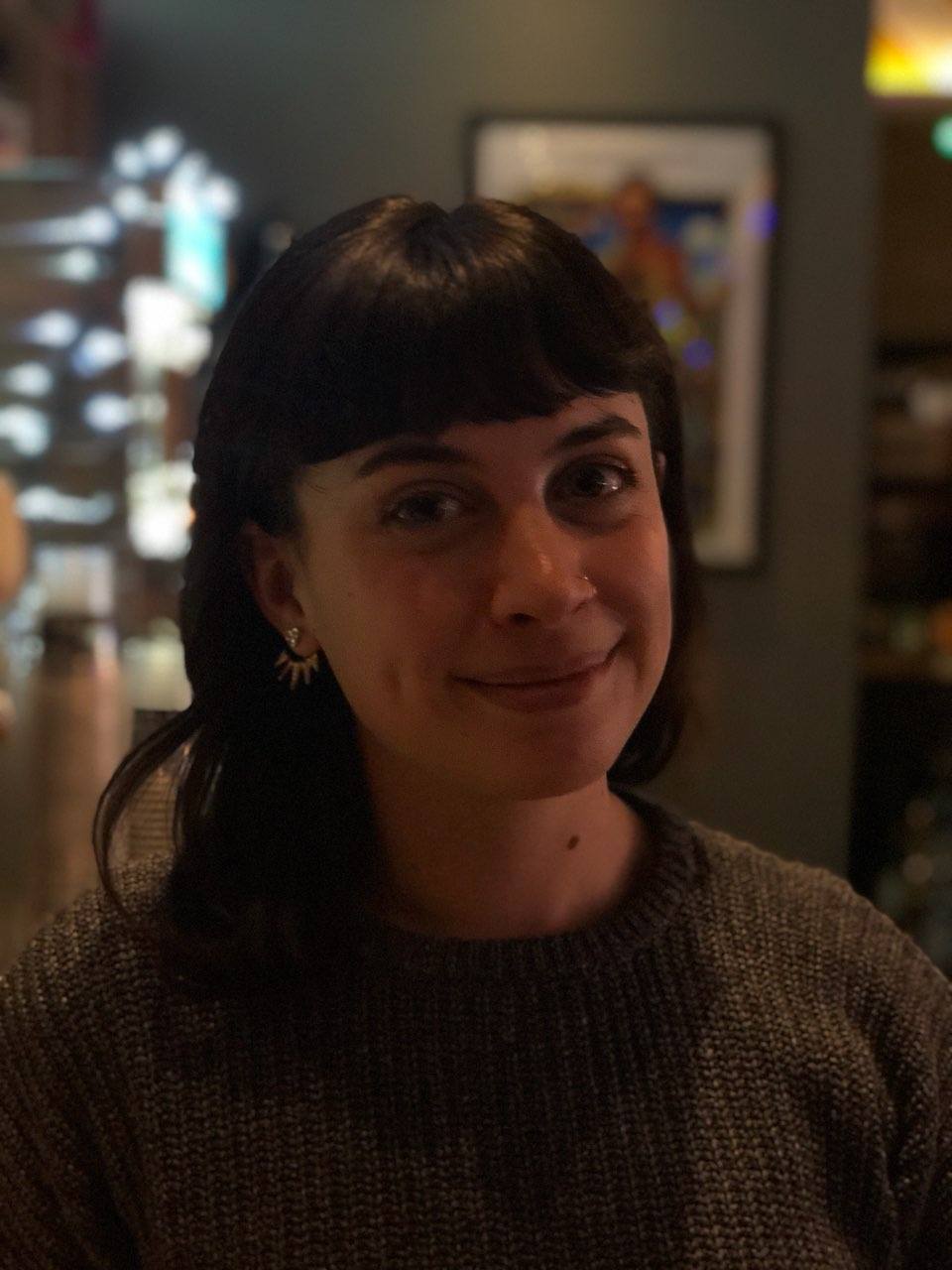Video Interview by Elizabeth McShane
A TW Writer Discusses the Difference Between Fiction and Nonfiction
Like this video? Be sure to like and follow Talking Writing on Vimeo.
Editor's Note: I'm very happy to launch TW's "Author Talk" video series as a special bonus at the end of our current issue. Here, Julie Wittes Schlack talks about "Beacons"—her short story in the Fall 2017 issue of Talking Writing—and the editing journey it took from narrative nonfiction to fiction. She's interviewed by Liz McShane, my journalism faculty aide this past semester at the Harvard Extension School.
Julie's short story provides an insider's perspective on marketing and is grounded in factually accurate detail. It's a beautifully observed narrative, an excellent fit for our "Truth-telling" issue. While some literary writers assume the line between fiction and nonfiction ultimately doesn't matter, this interview underscores why it does—and why an editor like me expects writers to handle facts differently in fiction. Too many factual lines get blurred in digital media. At TW, we highlight the value of telling readers exactly what they're getting. — Martha Nichols

Support TW—We Care About Editing
I've been published a fair amount at this point, and I've never gotten the degree of attention and coaching that I got from Martha.
 Elizabeth McShane is working at Talking Writing though the faculty-aide program at Harvard University Extension School. She's learning how a literary magazine is run under the mentorship of Editor-in-Chief Martha Nichols. Liz's days are spent studying journalism and anthropology, and her nights are spent bartending in Cambridge, Massachusetts.
Elizabeth McShane is working at Talking Writing though the faculty-aide program at Harvard University Extension School. She's learning how a literary magazine is run under the mentorship of Editor-in-Chief Martha Nichols. Liz's days are spent studying journalism and anthropology, and her nights are spent bartending in Cambridge, Massachusetts.

